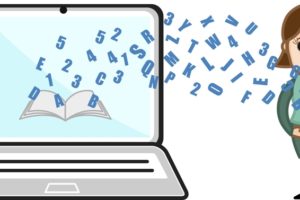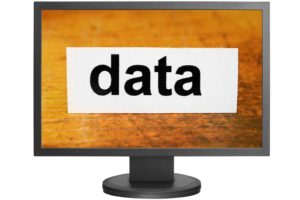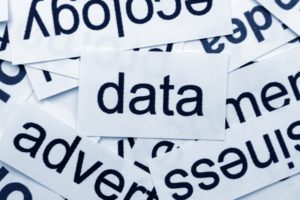Big Data analysis is made use for many situations like Greater Hyderabad Municipal Corporation that will deploy big data analysis in order to match the grievance redress.
Agencies such as the World Resource Institute do commission out the analysis on behalf of the GHMC, for effective monitoring of the grievance redress mechanism through online platforms such as My GHMC App and so forth.
There is coordination between Hyderabad Metropolitan Water Supply & Sewerage Board in terms of re-carpeting the dug-up road stretches and laying of water and sewerage pipelines have been re-laid during the last 13 months.
Big data analysis to improve civic services
There is no doubt focus upon the ever-growing volume of information that has been created and captured by the modern digitized world which happens to be an opportunity for the government to reinvent itself.
This same technology can also fundamentally change the way government operates, thus breaking down hierarchies and silos, and also enabling preventive action, incorporating citizens into every aspect of governance and also increasing overall efficiency. Data analytics offer many in Healthcare and here it offer us unprecedented opportunities to improve the effectiveness of government.
The key to such opportunities is “big data,” the ever-growing volume of information which has been created and captured by the modern digitized world, from cloud-based systems to sensors to smart devices. New data-mining techniques will indeed allow the governments to break through legacy-system barriers that do seem insurmountable only a couple of years back. One will get the chance to see new solutions in every area of government, from how public agencies hire, train and promote, to how performance is measured, how problems are identified and preempted, and how the personalized services are delivered.
Big data analysis to improve civic services
One is oriented towards enterprise which is an important component of the big data in the civic realm comes from the community. Citizens do generate data when they converse with their governments via social media and participate in online “ideation” forums. One needs to take into account solutions to guide governments’ rulemaking, problem-solving and resource allocation.
The most public value and insights that come along is when governments, through their open data and transparency initiatives, do produce usable information that does allow meaningful public participation in the delivery of public services. There is no doubt a proliferation of open data sets on sites that encourage the private sector, nonprofit and interagency use of once-locked information for the purpose of public good. It also does prompt important discussions on data standardization and interoperability as well as around privacy concerns.
Yet, these massive amounts of data will indeed drive efficiency only when they are organized and analyzed in a manner that supports decision-making. Governments are in fact now beginning to meaningfully incorporate data analytics into their respective operations.
The focus has to also be upon the integration of data from different human-services agencies that can greatly increase the effectiveness of social workers as well as others as they assist at-risk youth.
The data can also be made use for catalyzing local government and also for analytics and civic engagement technology.
One is looking forward to a technology-driven sea change in governance over the next few years as these technologies do rapidly become more affordable as well as accessible. Awareness of these new tools and opportunities does help the public sector break out of its hierarchical and rule-driven structures and also tends to reinvent itself through voices from the field.




